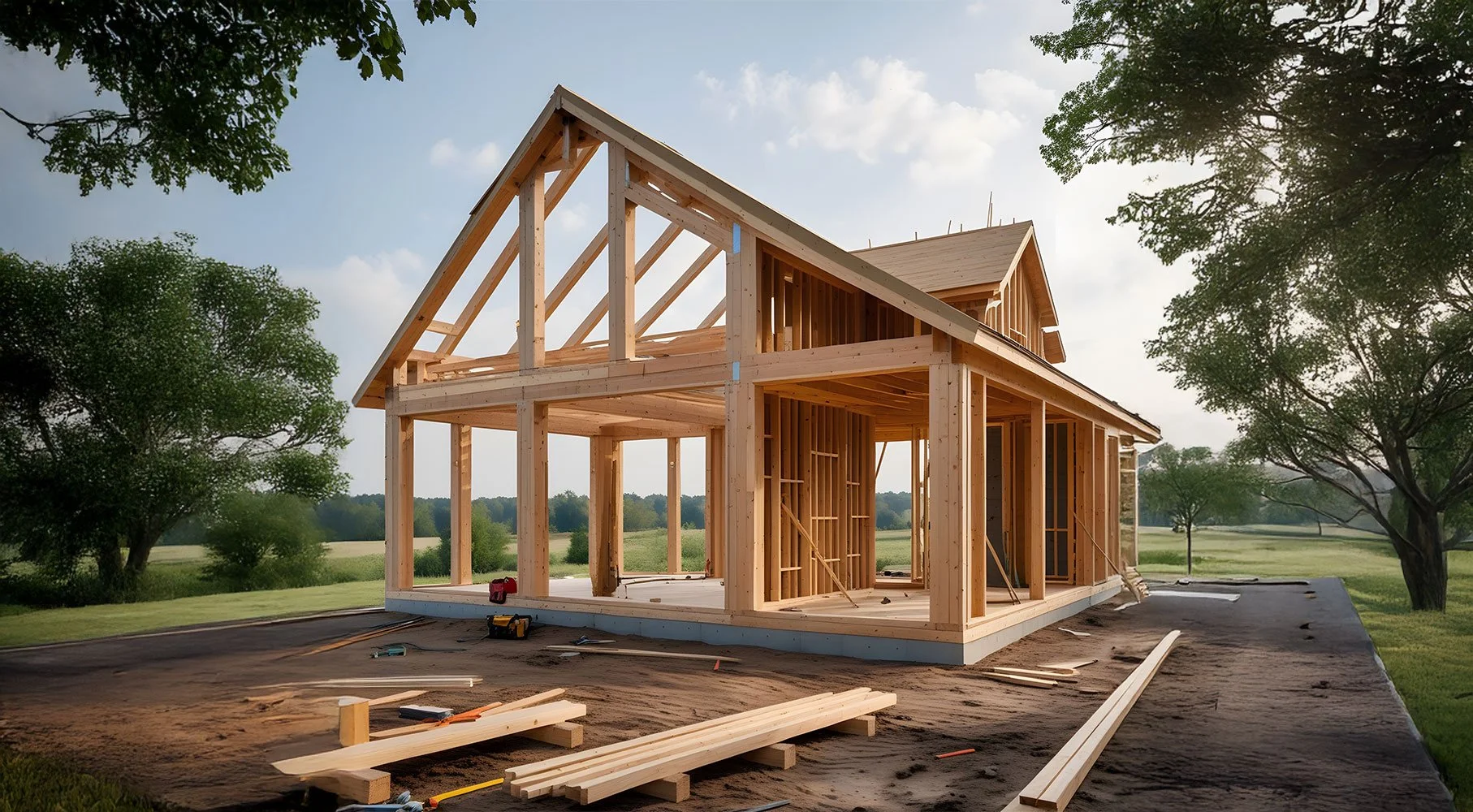5 Essential Permits for New Constructions Investors Should Know
From foundational types of permits needed for construction to detailed trade-specific approvals, understanding what your project calls for is priority one. This guide outlines why building permits are important and what you need to secure before making progress breaking ground or even getting financing.
What are the Main Types of Building Permits?
From a safety perspective, building permits ensure structures comply with local building, fire, electrical, plumbing, mechanical, and energy codes. They protect public health, safety, and welfare on a broad scale.
Beyond safety, permits validate projects for lenders and future buyers. Without them, you risk fines, halted work, and compounding legal troubles.
Absolutely Essential Permits
These are required almost universally for new residential or commercial construction:
Building Permit
What it’s for: Authorizes overall construction: foundation, framing, structure changes.
Requirements: Submitted plans, zoning verification, code compliance. A licensed engineer or architect is often required.
Electrical, Plumbing & Mechanical Permits
What they’re for: Approve trade systems: wiring, HVAC, piping.
Requirements: Separate drawings and licensed contractors; plan reviews and inspections.
Grading and Erosion Control Permit
What it’s for: Governs site disturbance, drainage, and storm-water protection.
Requirements: Site plans, soil reports, erosion control strategy; county or state review.
Certificate of Occupancy (CO)
What it’s for: Certifies that a finished structure complies with all applicable codes and is safe to inhabit.
Requirements: Final inspections, CO application, zoning/usage confirmation.
Zoning Permit or Certificate of Compliance
What it’s for: Shows that the project fits within zoning rules regarding setbacks, height, and land use.
Requirements: Zoning plans, possible public notice or hearings
Image by Kwangmoozaa
Residential vs. Commercial: Different Types of Permits Needed for Construction
Residential-Specific – Types of Residential Building Permits
Detached/attached garage or accessory dwelling unit (ADU): Often separate from main structure permit.
Fence permit: Often required if over a certain height (e.g., >6-8 ft).
Pool permit: Required for in-ground or large above-ground pools.
Deck/patio permit: Usually required when altering structural supports or elevation
Commercial-Specific – Types of Commercial Building Permits
Tenant improvements (TI) permit: Required for internal remodels in leased spaces.
Fire alarm/suppression permit: Needed for systems in office or retail spaces.
Medical gas permit: For specialized commercial facilities like hospitals.
Temporary tent/performance space permits: If structures exceed certain sizes (e.g., over 400 sq ft).
Permits in Special Cases
Certain projects trigger additional or unique permitting needs.
Special-Use or Conditional-Use Permit
What it’s for: Allows land uses not normally permitted under zoning rules—like a church in a residential area.
Requirements: Public hearings, site impact studies, zoning board approval.
Environmental Permits
Wetland/fringe permits: Needed when working in federally regulated wetlands or floodplains.
Wildlife, storm-water, and historical preservation: Required if the site touches protected habitats or heritage sites.
Demolition Permit
What it’s for: Required to demolish existing buildings or structures on site.
Requirements: Structural assessment, safety plans, abatement of hazardous materials.
Signage Permit
What it’s for: Approves permanent or temporary signs for commercial use.
Requirements: Graphics, size limitations, electrical details for lighted signs.
Miscellaneous Permits
Right-of-way or driveway permit: If accessing public sidewalks or streets.
Sidewalk or curb-cut permit: For work within public easements.
Temporary use or event permits: For pop-up installations, fairs, or festivals.
Final Checklist: Types of Permits Needed for Construction
Planning stage: Meet with local building/zoning department; verify all required types of construction permits.
Application stage: Prepare architectural, structural, and trade drawings; submit licensed engineer/architect seals as needed.
Review & approval: Expect plan review for both residential/commercial building permits.
Inspections: Schedule phase-specific inspections—foundation, framing, systems, final CO.
Final clearance: Receive signed Certificate of Occupancy/Zoning Compliance to legally occupy or open the building.
Ready to Build? Secure Fast Funding With Capstone Capital Partners
For investors ready to move beyond planning to financing, Capstone Capital’s hard money lending offers fast, flexible funding tailored to real estate professionals. Learn how Capstone can fuel your next development today. Tell us a little bit about yourself and we’ll get in touch with you!



